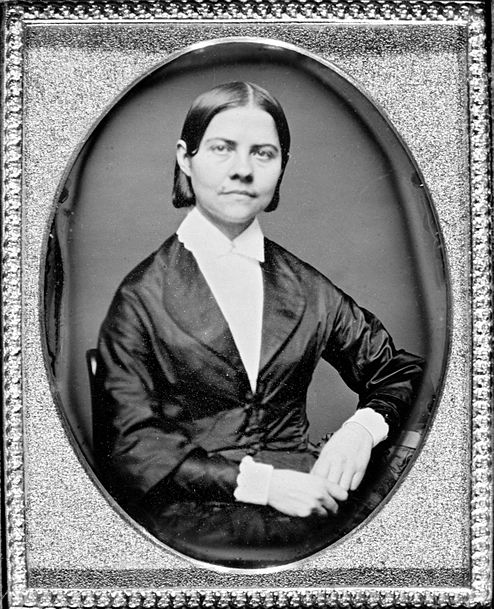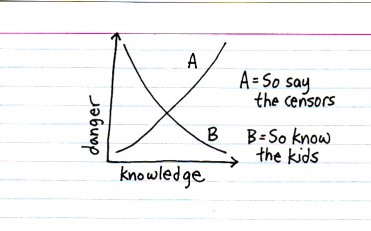 I am an atheist, and I am proud of it.
I am an atheist, and I am proud of it.It's true, that I prefer to style myself a humanist than an atheist, because I feel it better reflects the positive outlook that lies at the centre of my life. I've even resisted simply using the scarlet A of the Out Campaign. [That link is
Hemant, the Friendly Atheist, blogged the other day pointing out that tomorrow (20 March) is Atheist Pride Day. It's being organized around the theme of the Out Campaign, and atheists are encouraged to change their Facebook or other online profile pictures to the scarlet A for the day to show solidarity and encourage other atheists to come out.
Of course, I am already out. But sometimes it pays to remind people. I am an atheist - I do not have a belief in a god. This position, as part of a wider humanist outlook, guides my daily choices, both profound and casual.
I am proud of it, because it is a worldview I have come to through a great deal of questioning and thinking.
I am proud of it because this vein of human thought has a long and noble history, from Socrates through the Enlightenment to modern secular societies.
I am proud of it because my atheism, and the humanism which it is a part of, represent my best self - the best things I do, and the things I strive for but sometimes (often) fail to do, are informed, motivated, and inspired by atheism and humanism.
This is not about sticking it to all those people out there - many of them friends of mine - who are not atheists. It is not about building a wall to divide us from them. It is about asserting that these beliefs of ours are okay. It is about showing everyone - ourselves, theists, and everyone else - that there are many of us out here. It is about showing people that, whatever else it means to be an atheist, it doesn't mean that you are alone, or foolish, or bad.
If you are an out atheist, please participate in Atheist Pride Day tomorrow. If you think you might be an atheist, or know you are but feel alone, have a look around at the various Out Campaign participants (a Google search for Atheist Out Campaign should give you plenty). How many scarlet As are there in your Facebook friends list?
Even if you are a firm theist, perhaps you could spend some time tomorrow trying to think how the world looks from an atheist's standpoint? How do you, or your religious leaders, talk about atheists? How do the culture of your area or the laws of your nation treat atheists? How have they treated them in the past? Do your scriptures mention atheists? If so, how are they portrayed? Is it consistent with the atheists you know personally?
I am an atheist, and I am proud of it. And I would be delighted to talk more about it with you in the comments. Do you want to discuss the merits (and possible drawbacks) of an Atheist Pride Day? Come on in!

 I'd like to share a passage that particularly appealed to me.
I'd like to share a passage that particularly appealed to me.





